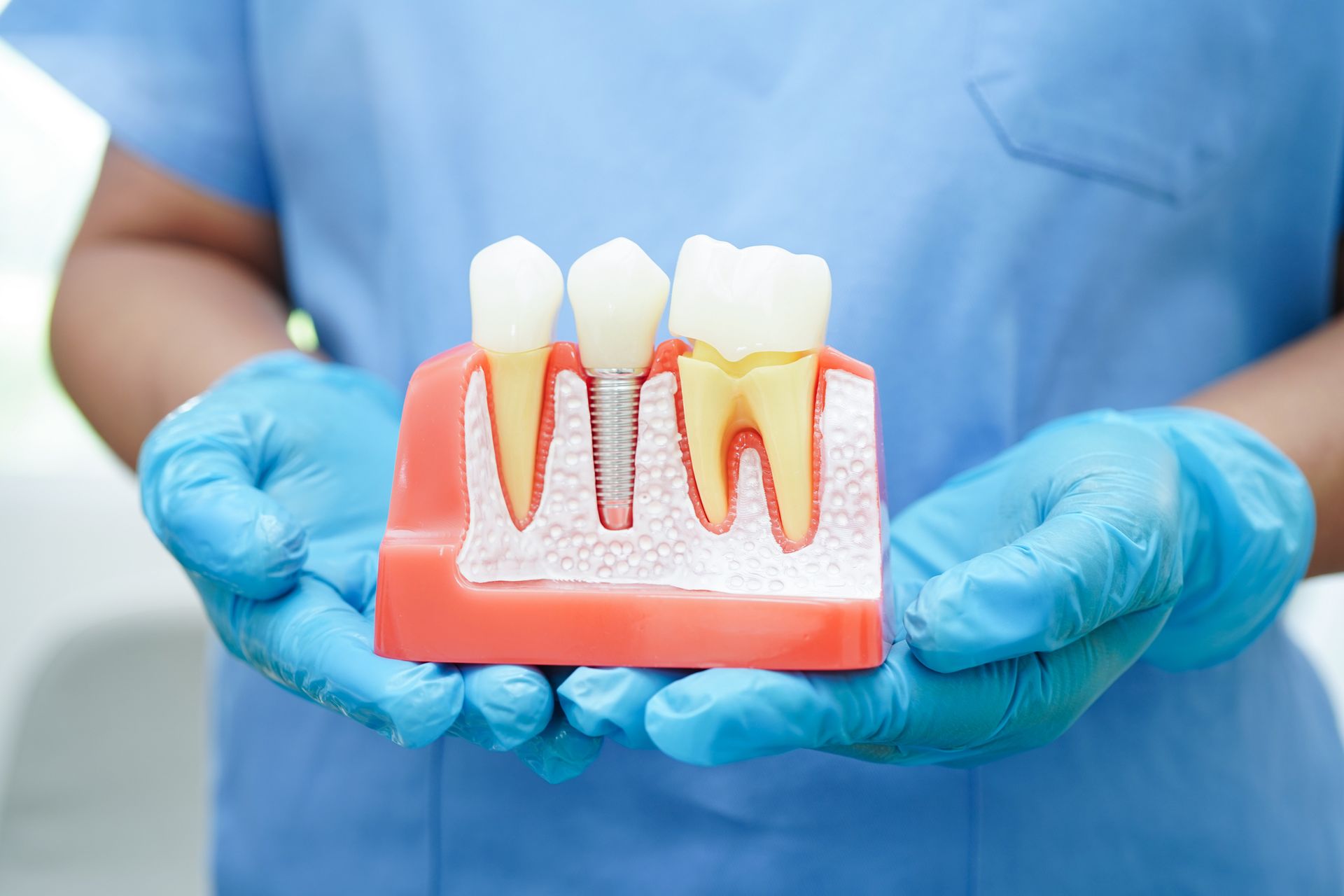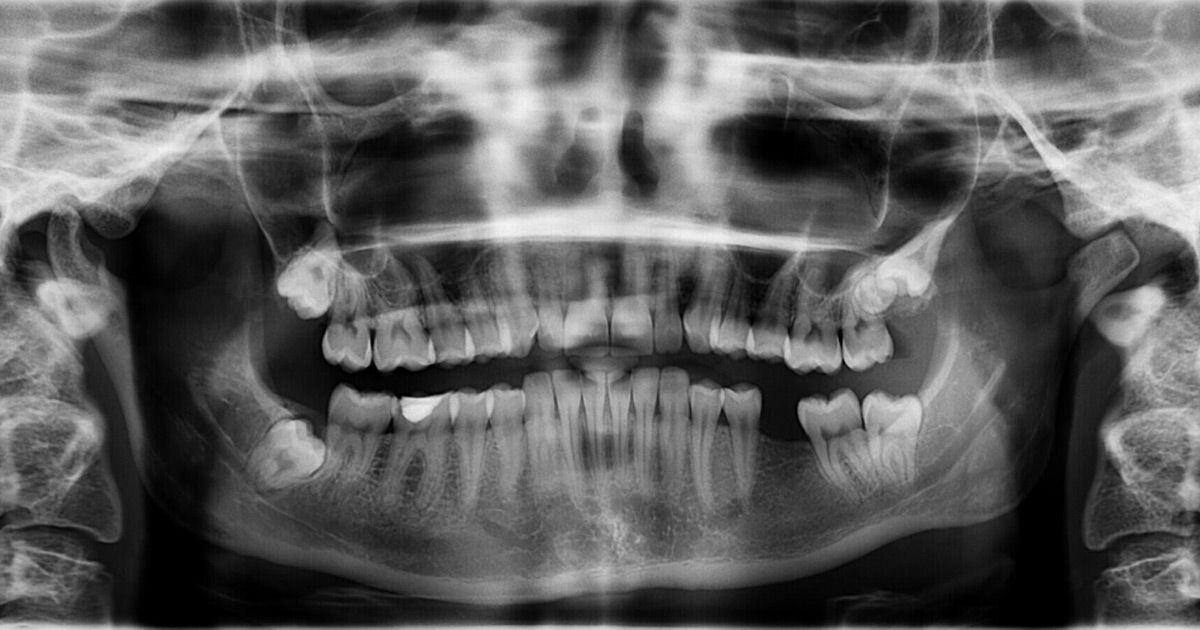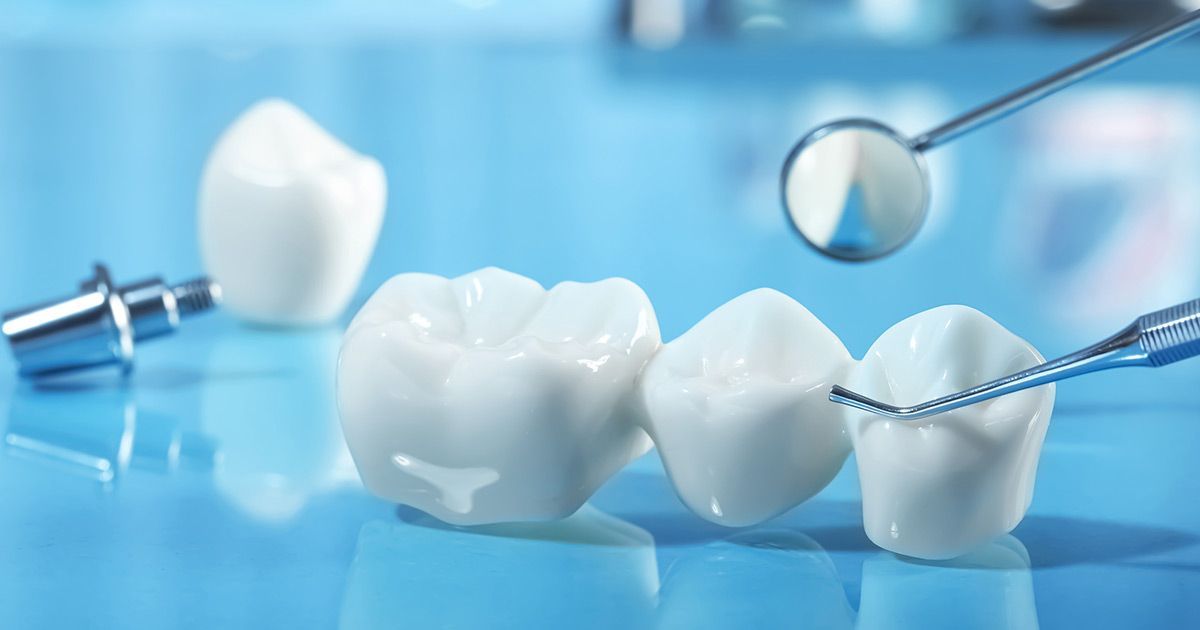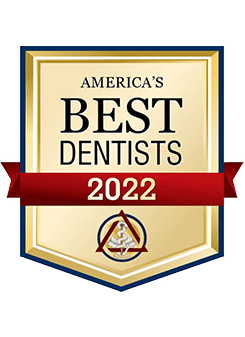If your teeth seem especially sensitive after you brush them or when you consume certain foods or beverages, you're hardly alone: By one estimate, around 35 percent of the U.S. population experiences some degree of tooth sensitivity. While the difference between sensitivity and pain may be somewhat blurry, we can say that sensitive teeth usually produce discomfort in response to a stimulus like temperature, pressure, or even the sweetness of particular foods. What causes tooth sensitivity — and what should you do about it?
In general, tooth sensitivity results when dentin, the living tissue that makes up most of the “body” of the tooth, begins transmitting sensations to nerves deep in the tooth's inner core. The nerves relay these sensations to the brain, and they're felt as pain. To understand how this works, let's take an even closer look at your teeth.















